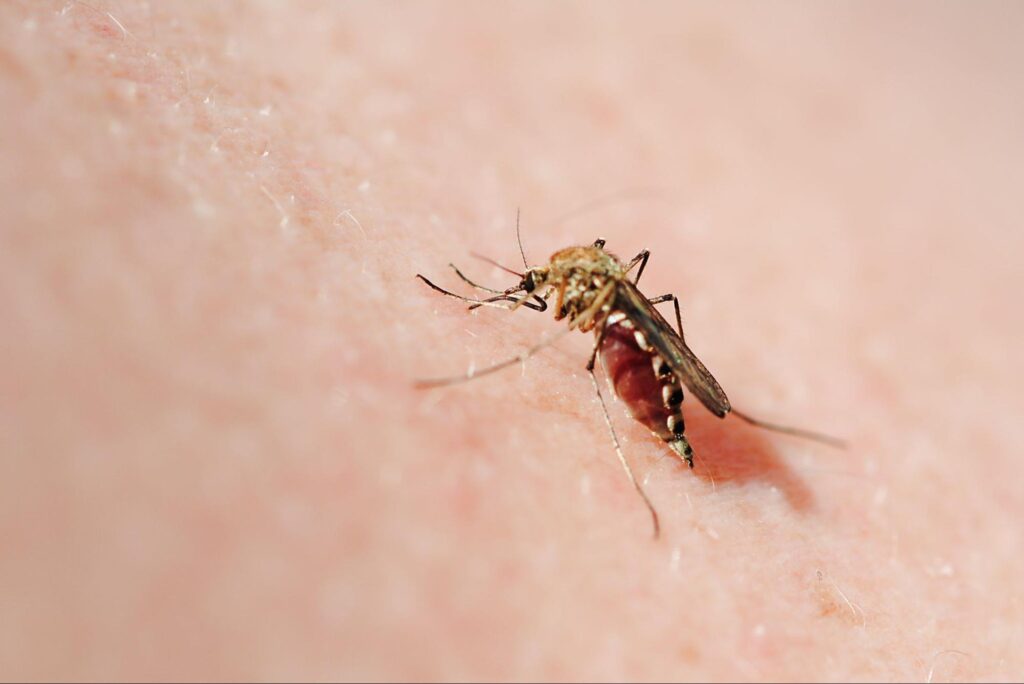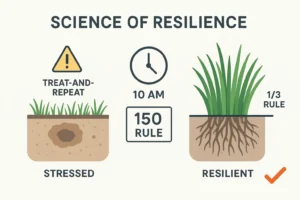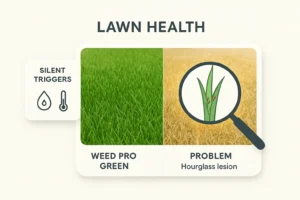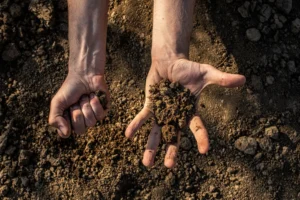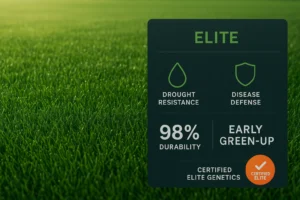The health risks posed by mosquitoes in Alpharetta are serious, affecting families, pets, and the community, as mosquitoes carry viruses such as West Nile and heartworm parasites. Mosquito-borne diseases occur when female mosquitoes inject pathogens into the bloodstream, and in North Georgia, mosquitoes breed in humid yards and in standing water. Understanding common illnesses, prevention, pet safety, and professional services can improve the outdoor quality of life for homeowners in Alpharetta.
What Are the Main Mosquito-Borne Diseases Affecting Alpharetta Residents?
Mosquito-borne diseases in Alpharetta include viral infections transmitted by local species, resulting in seasonal outbreaks that require vigilance. These illnesses vary in severity, symptoms, and required preventive measures.
| Disease | Key Symptoms | Preventive Measure |
|---|---|---|
| West Nile Virus | Fever, headache, muscle pain | Eliminate standing water |
| Zika Virus | Rash, joint pain, conjunctivitis | Use EPA-approved repellents |
| Dengue Fever | Severe joint pain, high fever | Barrier spray applications |
| Chikungunya | Fever, chronic arthritis, rash | Professional yard treatments |
Which Mosquito Species Transmit Diseases in Alpharetta?
In Alpharetta geo-regions, the primary vectors of diseases are Aedes albopictus (Asian tiger mosquito), Culex pipiens (northern house mosquito), and Aedes aegypti (yellow fever mosquito). Mosquito species thrive in humid climates and populate our artificial containers, making residential yards a hotspot for breeding these mosquitoes. Knowing the vectors, or disease-carrying mosquitoes, is helpful for targeted control measures, as well as for appropriate yard maintenance practices and interventions.
What Are the Symptoms and Risks of West Nile Virus in Alpharetta?
West Nile Virus is an arboviral infection that may lead to neuroinvasive disease in less than 1% of cases, which results in encephalitis or meningitis and associated risks.
- Fever and headache, muscle weakness
- Neck stiffness and altered awareness in serious cases
- Rashes and swollen lymph nodes
Recognition of fever and neurological symptoms allows for early medical evaluation and minimizes complications.
How Does Zika Virus Affect Alpharetta Residents and Travelers?
Zika Virus infections usually present with very mild symptoms but create congenital risks in pregnant females.
- Low-grade fever, rash, joint pain
- Conjunctivitis and headaches
- Possible congenital defects like microcephaly
Residents and visitors should use repellent and avoid the premises during high-risk times to protect vulnerable populations.
What Are the Threats of Dengue Fever and Chikungunya in Georgia?
Dengue Fever and Chikungunya are emerging threats in the Southeast, each causing painful systemic effects.
| Illness | Typical Symptoms | Regional Risk Level |
|---|---|---|
| Dengue Fever | Intense joint pain, hemorrhagic fever | Low to moderate |
| Chikungunya | Prolonged arthritis, rash | Occasional local cases |
How Can Alpharetta Homeowners Protect Themselves and Their Families from Mosquito-Borne Illnesses?
Indeed, effective protection lies in altering the home and yard, implementing personal barriers, and managing land to minimize mosquito populations and disease transmission opportunities.
- Remove standing water from containers and cause.
- Use pop repellents containing DEET, picaridin, or oil of lemon eucalyptus.
- Manage the suitability of turf and shrubbery habitats for mosquitoes.
By layering and using these approaches, you will create an inhospitable environment to mosquitoes and disease transmission.
What DIY Mosquito Prevention Methods Work Best in Alpharetta?
Yard maintenance is easily done and eliminates opportunities for mosquito breeding.
- Remove dormant water from flower pots, bird baths, and tires.
- Clean and inspect the gutter monthly to reduce water pooling.
- Aerate the ornamental pond and add fish that eat mosquitoes.
Consistent removal of water features reduces local mosquito populations before the introduction of professionals.
When Should You Use Mosquito Repellents and What Are the Safe Options?
A repellent provides a protective barrier that can be applied in high-risk situations.
- DEET (20-30% concentration) provides the longest-lasting protection
- Picaridin, an odor-free repellent with comparable effectiveness to DEET
- Oil of lemon eucalyptus for those preferring a plant-based repellent
Selecting products with EPA-registered formulas and following the label directions can effectively and safely prevent bites.
How Does Proper Lawn Care Help Reduce Mosquito Breeding Grounds?
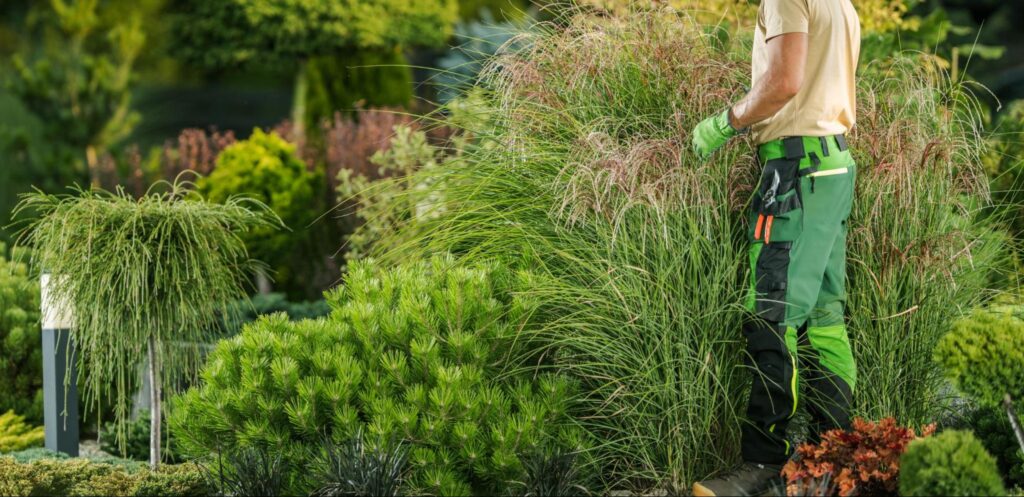
Healthy grass and controlled vegetation will reduce shaded, moist areas that are prime resting and egg-laying locations for mosquitoes.
- Be sure to take care of drainage by using sloped soil and/or French drains.
- Trimming shrubs and grass resulting from growth every two weeks
- Fill low spots and depressions that retain rainwater
A well-kept yard does not support the life cycle of mosquitoes and is in better overall conditions.
What Are the Mosquito-Borne Health Risks for Pets in Alpharetta?
Pets pose a unique risk of contracting mosquito-borne diseases, which can cause serious illness and incur substantial financial costs for their owners.
- Heartworm disease is contracted from an infected mosquito
- Allergic dermatitis due to repeated bites
- Potential incidental diseases from local arboviruses
Being knowledgeable about your pet’s risk can help direct yard treatment and veterinary precautions to be more targeted.
How Does Heartworm Affect Dogs and Cats in Alpharetta?
Heartworm is a parasitic infection that accumulates in the heart and lungs, causing damage.
- Severe manifestations lead to heart failure and fluid overload
- Treatment uses multi-step veterinary medicine along with follow-up checks
Regular treatment and preventive medicines are recommended annually for your pet’s health.
What Other Mosquito-Borne Threats Should Pet Owners Know About?
Mosquitoes can cause allergic reactions and introduce pathogenic incidental pathogens to pets in addition to heartworm disease.
- Intermittent arboviral illnesses may cause fever and lethargy
- Bites can cause dermatitis and create secondary skin infections
Consulting my vet and keeping the yard in check would help minimize risk in this area.
When and Why Should Alpharetta Residents Consider Professional Mosquito Control Services?
Professional mosquito control provides residual barrier protection and expert application that extends DIY efforts, promoting consistent yard safety.
- Barrier sprays create a lasting insecticidal zone along foliage edges.
- Automated misting systems deliver routine treatments around structures.
- Larvicide applications target breeding sites beyond homeowner reach.
Site-specific evaluation and service schedules ensure comprehensive coverage.
Professional mosquito control offers residual barrier protection and skilled application. They also extend the work that you may have done yourself (prevention) and further provide consistently safe environments for your yard.
- Barrier sprays leave residual insecticide barriers along the edges of landscaping plants.
- Automated misting systems are used regularly throughout the structure.
- Larvicides are applied to target areas of breeding that homeowners may not be able to reach.
We will evaluate site-specific factors and provide treatment accordingly.
How Do Professional Treatments Complement DIY Prevention?
Professional mosquito applications fill gaps in homeowner efforts by targeting hidden areas of mosquitoes that a homeowner cannot reach, while utilizing the highest-grade products.
- Higher residual control than DIY repellents
- Using professional equipment treats challenging areas such as thick shrubbery and shaded areas
- Timing and utilizing an experienced rotation of insecticides to ensure the development of resistance
Combining DIY elimination practices with professional expertise will afford the highest level of protection and effective land management in the long term.
When Is the Best Time to Schedule Mosquito Control in Alpharetta?
The target of these treatments begins in early spring, around the (I hope) last frost of April, and will occur again on a monthly basis through September, when biology tells us the mosquito population is at its highest.
- April: The first spray/first barrier (last freeze) (hopefully)
- May-June-September: Monthly frequency for treatments during pest season
- October: A selector service as we get close to seasonal mosquito populations to knock down, but not entirely, to tend to the mosquito population.
Targeting service based on climate patterns, season to season, and the biological indicators can aid in timing these treatments exceptionally well.
Stay Informed, Stay Protected
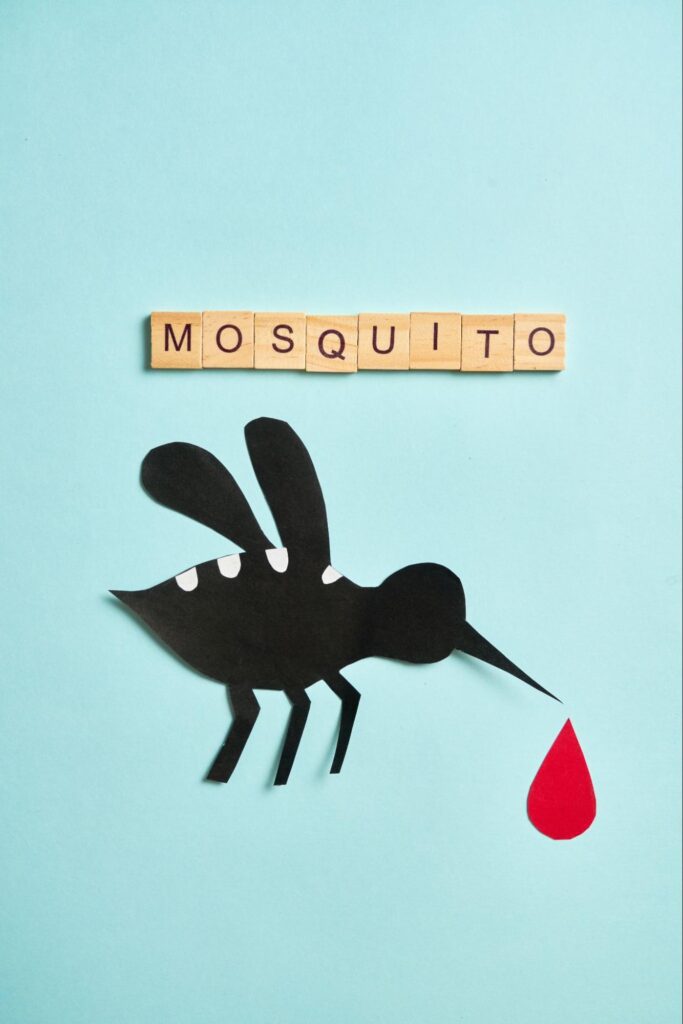
Mosquitoes are more than just an annoyance, and they do carry real health risks. From West Nile virus to Zika, Alpharetta residents face a majority of issues that can be prevented through active steps taken (in other areas). Being forewarned is a first line of defense against mosquitoes or mosquito-borne parasites, and this information can provide you with an understanding of the health issues associated with mosquitoes and mosquito-borne illnesses. For preventive strategies, such as identifying sources of standing water, including old tires, using a repellent, installing a residential misting system, and/or using barriers, strive to reduce the risk of exposure to mosquito-borne parasites and infections. Armed with risk factors, citizens can take effective proactive measures to reduce the risk of vector-borne illnesses, leading to healthier and safer outdoor spaces, whether for playing an outdoor sport, walking with dogs, or simply reading during the summer with less worry.
Are you interested in working with an effective program to reduce your yard from disease-ridden pests?
Please contact WeedPro; our professional mosquito prevention treatment services will safeguard your yard from those pests long before they become too troublesome.
FAQs
Which mosquito-borne illnesses are most common in Alpharetta?
West Nile virus and Zika are among the most frequently reported.
Are children at higher risk of mosquito-related health issues?
Yes, children and the elderly are often more vulnerable to mosquito-borne diseases.
Can lawn treatments help reduce mosquito populations?
Yes, professional treatments that target breeding areas are highly effective.
Discover the Best Weed Control Options
From mosquitoes to weeds, lawn care has many sides. Check out our next article: “What Are the Best Herbicides for Dawsonville Weeds?” for practical solutions.

